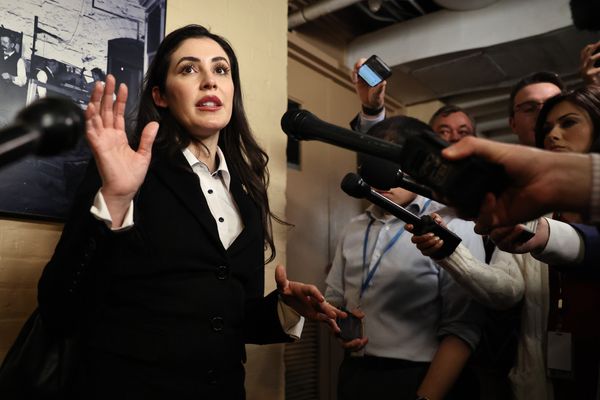
Egypt said it is among the countries suffering the most from "water scarcity", noting that increased pressure on limited water resources will lead to the spread of poverty and a decline in the standard of living.
The Egyptian Minister of Water Resources, Mohamed Abdul Ati, participated in the second Baghdad International Water Conference, titled "Water and Climate Change."
Speaking at the "Water Resources Management with Climate Changes" session, the Minister said Egypt suffers from water resources scarcity and needs about 114 billion cubic meters annually, while the available water resources amount to 74 billion cubic meters.
The Nile water accounts for more than 90 percent of Egypt's needs or 55.5 billion cubic meters. It fears water shortage after Ethiopia begins operating the Grand Ethiopian Renaissance Dam (GERD).
The Minister focused on the negative impact of climate change, adding that increased pressure on limited water resources would lead to water poverty and a decline in living standards.
He warned that the adverse effects of climate change have become a "reality we are witnessing in many extreme weather conditions" around the world.
Abdul Ati stressed that Egypt and many Arab countries are among the most countries in the world that suffer from water scarcity, which necessitated the development of the policies and the implementation of many significant projects to deal with water challenges.
The Ministry of Irrigation has prepared a plan to manage water in Egypt until 2037 with investments of more than $50 billion, which are expected to increase to $100 billion.
The plan aims to "improve water quality, develop new water resources, rationalize the use of currently available resources, and create a supportive environment for water issues," said the Minister.
The Minister reviewed Egypt's experience in water management through the implementation of many significant projects, such as the rehabilitation of canals, the transformation of modern irrigation systems, and smart irrigation applications.
The ministry also implemented projects to reuse agricultural drainage water, expand seawater desalination projects, rehabilitate water facilities, and increase technology usage in water management.
The ministry also increased its efforts in developing legislations such as the new Water Resources and Irrigation Law and its executive regulations.
A statement by the Egyptian Ministry of Water Resources highlighted statements by US presidential envoy for climate, John Kerry, who reiterated the need for upstream countries to cooperate and ensure dam projects will not affect the water needs of downstream countries.
World Food Program (WFP) Regional Director for the Middle East and North Africa Corinne Fleischer lauded the successful Egyptian experience in rehabilitating canals and modern irrigation system conversion, noting the impact of this transformation on increasing the area of cultivated land, reducing water consumption, and increasing farmer's income.







